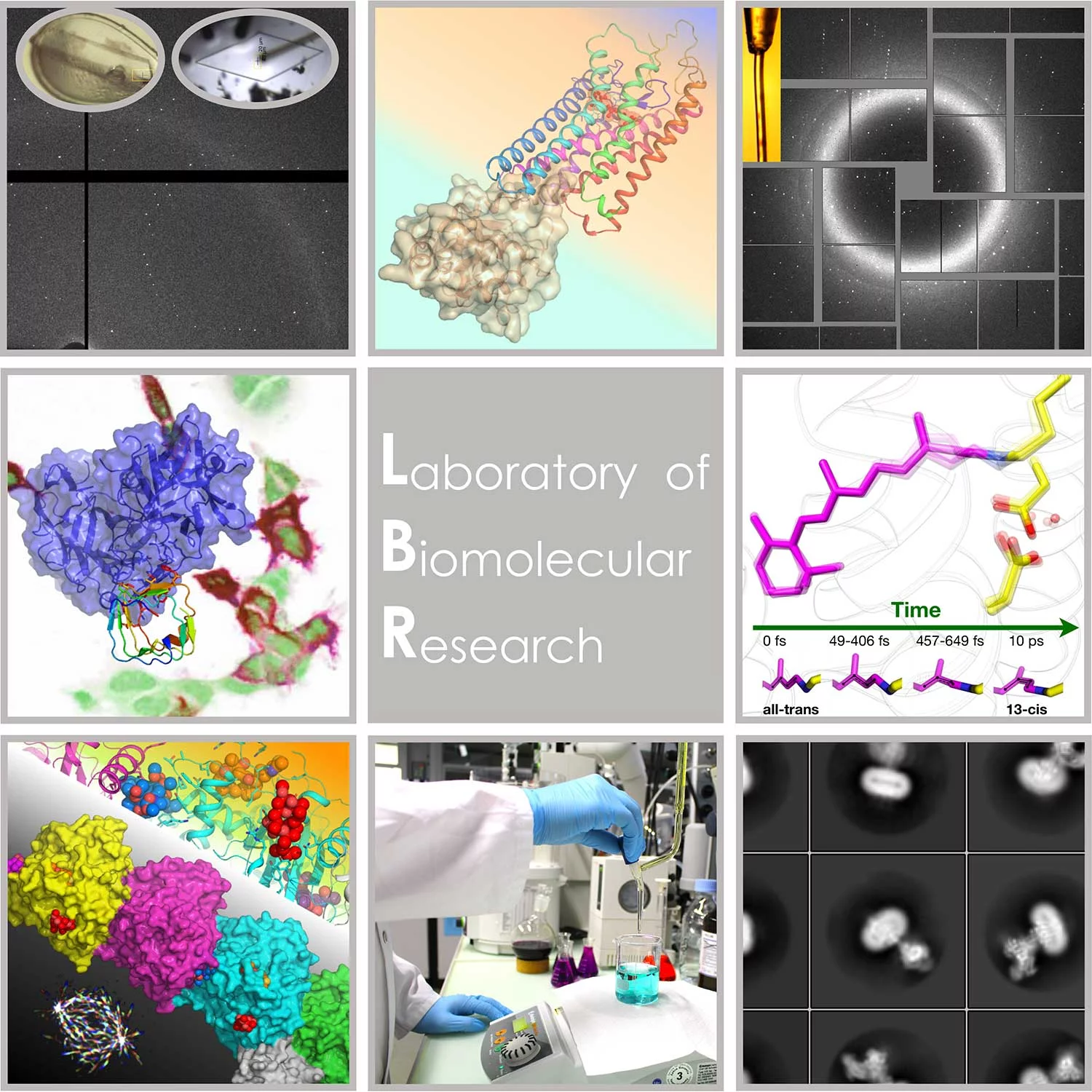
Who We Are
The Laboratory of Biomolecular Research (LBR) at the Paul Scherrer Institute (PSI) is a leading research laboratory dedicated to uncovering the molecular mechanisms that influence human health and disease. Our work focuses on structural biology, aiming to provide atomic-level insights into how protein structures and dynamics regulate physiological processes. By combining fundamental research with applied and translational approaches, we explore new therapeutic opportunities. Our research spans cell division, signaling pathways, host-pathogen interactions, and membrane biology.
What We Do
LBR specializes in high-resolution structural analysis of both soluble and membrane proteins, with a strong emphasis on X-ray crystallography, cryo-electron microscopy (cryo-EM), and biophysical methods. Our research is supported by state-of-the-art facilities at PSI, including the Swiss Light Source (SLS) and the Swiss X-ray Free Electron Laser (SwissFEL). We actively develop and implement new technologies for sample preparation, data acquisition, and computational modeling. In addition to fundamental discoveries, we translate scientific innovations into real-world applications, including the commercialization of novel methodologies through startup ventures.
LBR fosters a strong network of collaborations, working closely with academic institutions like ETH Zurich and the Universities of Zurich and Basel, as well as industrial partners. We are also engaging in teaching and mentoring, contributing to PSI’s educational mission through the education of chemical technical apprentices and supervising students at various academic levels.
Our Role and Mission
As a key structural biology lab, LBR’s mission is to advance cutting-edge molecular biology research, ensuring PSI remains a leader in structural and computational biology. Our research strategy focuses on:
- Time-Resolved Structural Biology – Investigating rapid structural changes in proteins using next-generation synchrotron and X-ray laser techniques.
- Cryo-EM Imaging – Expanding the use of single-particle cryo-EM for complexes and dynamic protein structures.
- Computational Structural Biology – Strengthening molecular modeling and simulation efforts for deeper mechanistic insights.
- Technology Development – Innovating in X-ray crystallography and sample preparation to push the boundaries of structural biology.
Through interdisciplinary research, technological innovation, and collaborative partnerships, LBR aims to pioneer biomedical discoveries and therapeutic advancements, shaping the future of molecular and structural biology.

